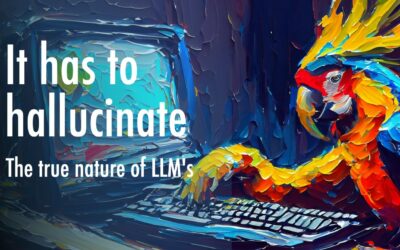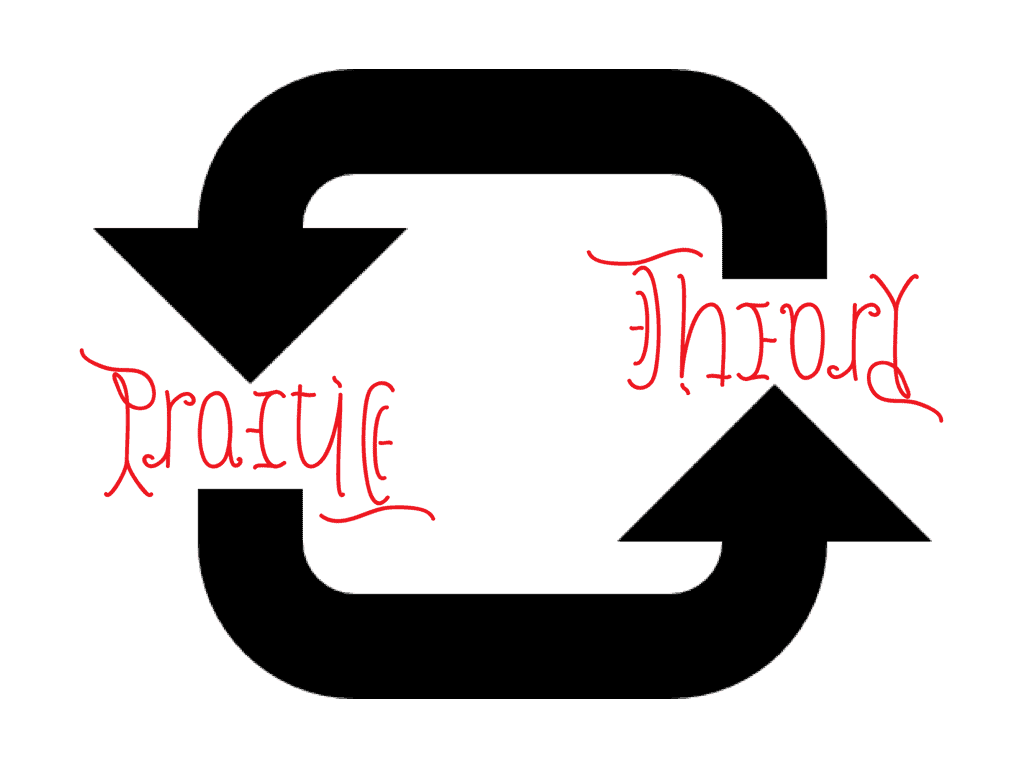When does the brain make up YOUR mind? Does this question make any sense?
Anyway, this was prompted by an article that showed that “Researchers using brain scanners could predict people’s decisions seven seconds before the test subjects were even aware of making them.” Hmmm…
Matters were a bit more complicated than that short summary. It appears that people can sometimes override the decision, though I am not sure what that means either!
Here’s a link to the Wired magazine article titled Brain Scanners Can See Your Decisions Before You Make Them. Remember your neurons have decided whether or not you will click on this link way before you realized that you want to do so!




Why should we worry when our mind ‘makes up itself’ when clearly it was never our own mind any way!
Here’s a recent story about how the Apple icon makes us more creative than the IBM icon and how the Disney icon makes us more honest than the E! icon
http://www.journals.uchicago.edu/doi/abs/10.1086/527269
NPR podcast
http://www.npr.org/templates/story/story.php?storyId=89408933
Associated blog post
http://www.gearlog.com/2008/03/study_mere_sight_of_apple_logo.php#more
Also much of Malcolm Gladwell’s ‘Blink’ deals with this
http://www.amazon.com/Blink-Power-Thinking-Without/dp/0316010669/ref=pd_bbs_sr_1?ie=UTF8&s=books&qid=1209355538&sr=1-1
Particularly interesting is the chapter on the effect of images on our values and how our behaviours may even contradict the values we hold.
And the work of Derren Brown constantly demonstrates how easily our conscious brain is influenced and manipulated by the stimuli that our subconscious is receiving.
http://www.derrenbrown.co.uk/ (BTW cool Flash site)
The question is not the 7 secs that our brain knows before we make a decision – it is how the brain absorbs all that is around us and leads us to behave in ways that may contradict what our conscious mind believes.